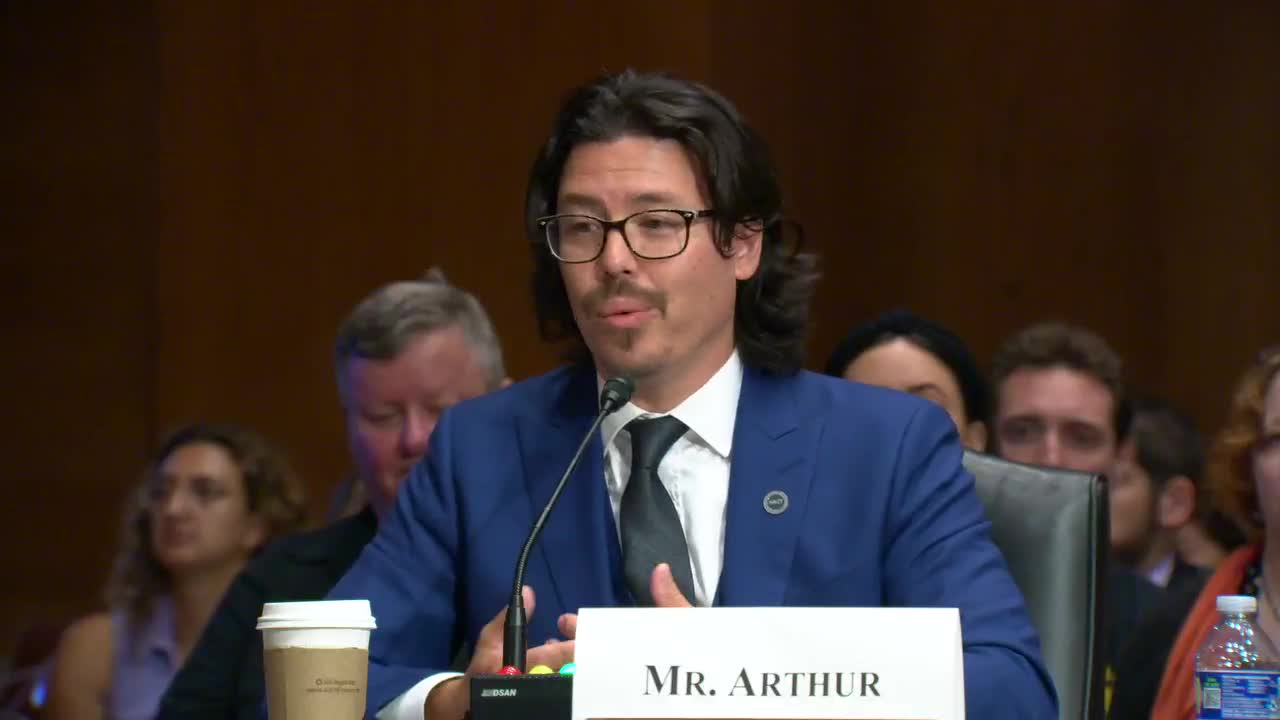Teachers emerge as survivors navigating unprecedented challenges
June 20, 2024 | Health, Education, Labor, and Pensions: Senate Committee, Standing Committees - House & Senate, Congressional Hearings Compilation

This article was created by AI summarizing key points discussed. AI makes mistakes, so for full details and context, please refer to the video of the full meeting. Please report any errors so we can fix them. Report an error »

In a recent government meeting, educators shared their experiences and challenges in the classroom, particularly in the wake of the pandemic. One teacher emphasized the resilience of educators, stating, \"We didn't know what we were doing, but we did it anyway and we got it done.\" This sentiment reflects the unprecedented circumstances teachers faced, highlighting their transition from educators to survivors amid ongoing challenges.
The discussion revealed a pressing need for additional resources to support both teachers and students. Acknowledging the difficulties of teaching under-resourced conditions, educators called for more tools to effectively address the evolving needs of their classrooms.
Teachers in Philadelphia reported that students are arriving at school not only well-fed but also carrying the weight of traumatic experiences. One educator noted that many students are acutely aware of societal issues, including racism and political unrest, which significantly impact their emotional well-being. This awareness was particularly evident among high school students with autism, who posed complex questions about current events, indicating a deep understanding of the world around them.
The meeting also touched on the importance of early childhood education, with a call to look at successful practices from other countries. This focus on foundational education is seen as crucial for addressing the broader challenges faced by students today.
Overall, the discussions underscored the urgent need for systemic support in education, recognizing the profound impact of societal issues on students and the critical role of teachers in navigating these challenges.
The discussion revealed a pressing need for additional resources to support both teachers and students. Acknowledging the difficulties of teaching under-resourced conditions, educators called for more tools to effectively address the evolving needs of their classrooms.
Teachers in Philadelphia reported that students are arriving at school not only well-fed but also carrying the weight of traumatic experiences. One educator noted that many students are acutely aware of societal issues, including racism and political unrest, which significantly impact their emotional well-being. This awareness was particularly evident among high school students with autism, who posed complex questions about current events, indicating a deep understanding of the world around them.
The meeting also touched on the importance of early childhood education, with a call to look at successful practices from other countries. This focus on foundational education is seen as crucial for addressing the broader challenges faced by students today.
Overall, the discussions underscored the urgent need for systemic support in education, recognizing the profound impact of societal issues on students and the critical role of teachers in navigating these challenges.
View full meeting
This article is based on a recent meeting—watch the full video and explore the complete transcript for deeper insights into the discussion.
View full meeting